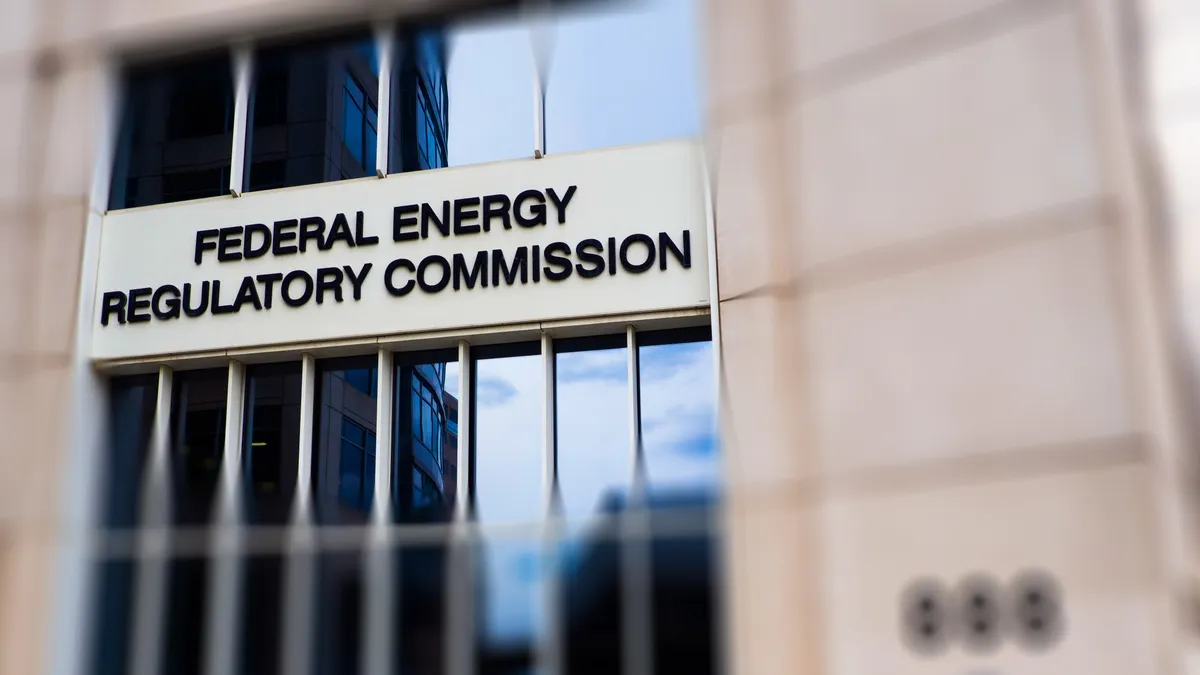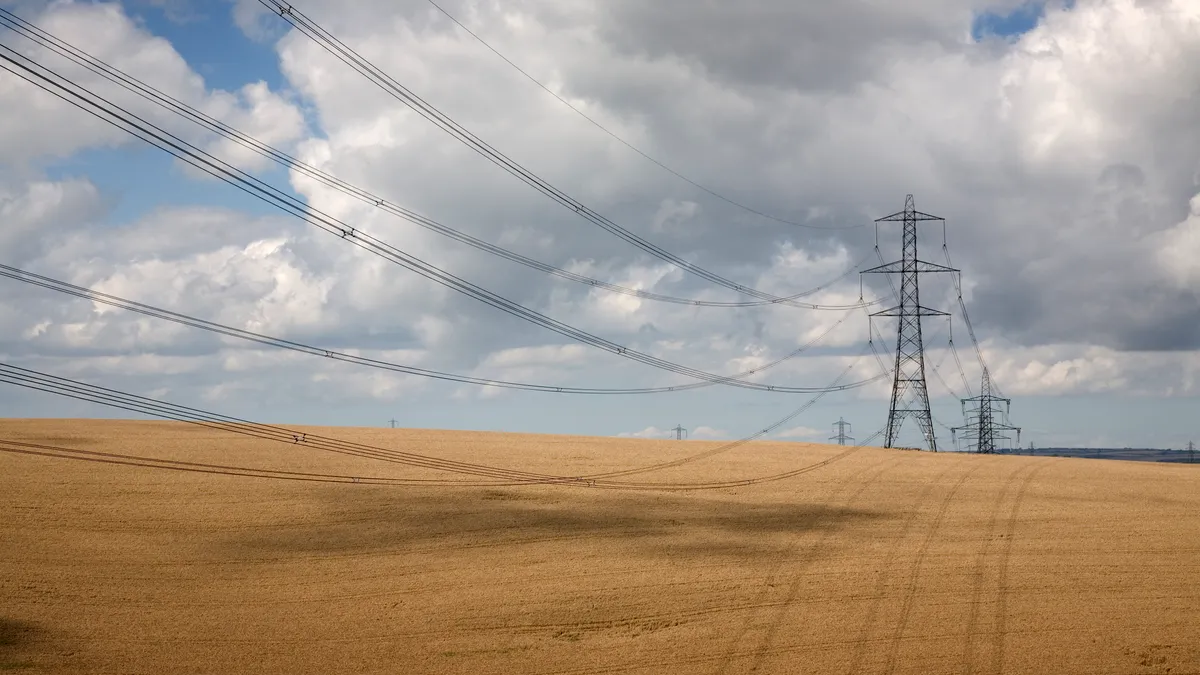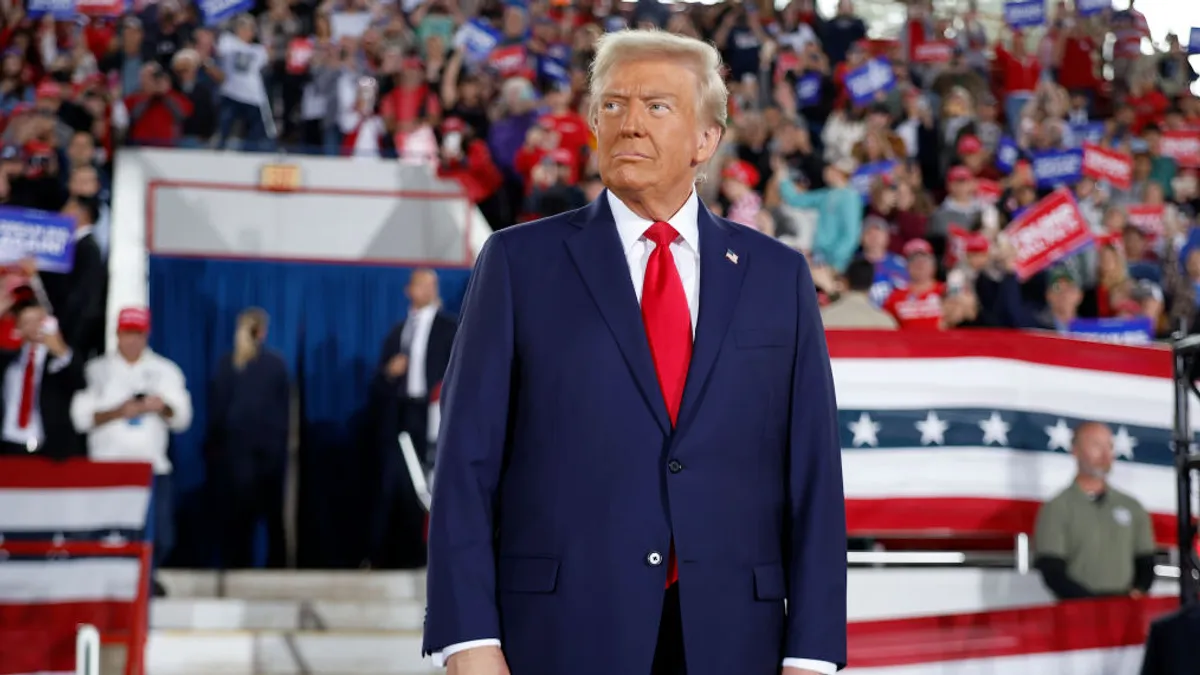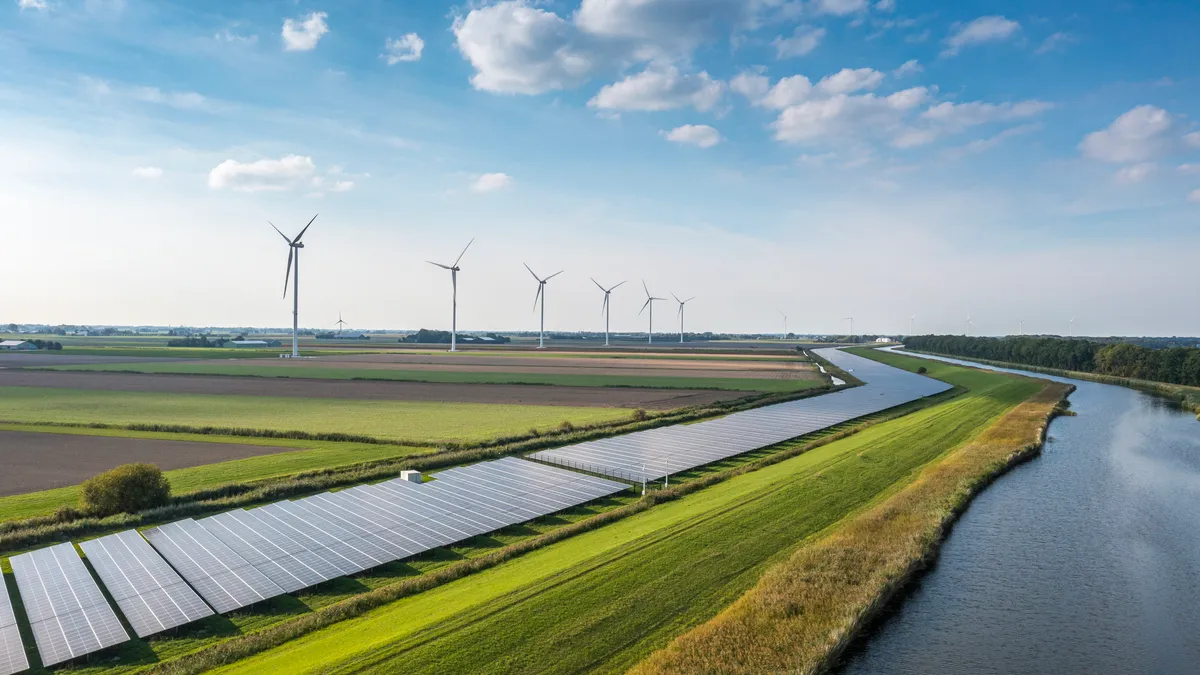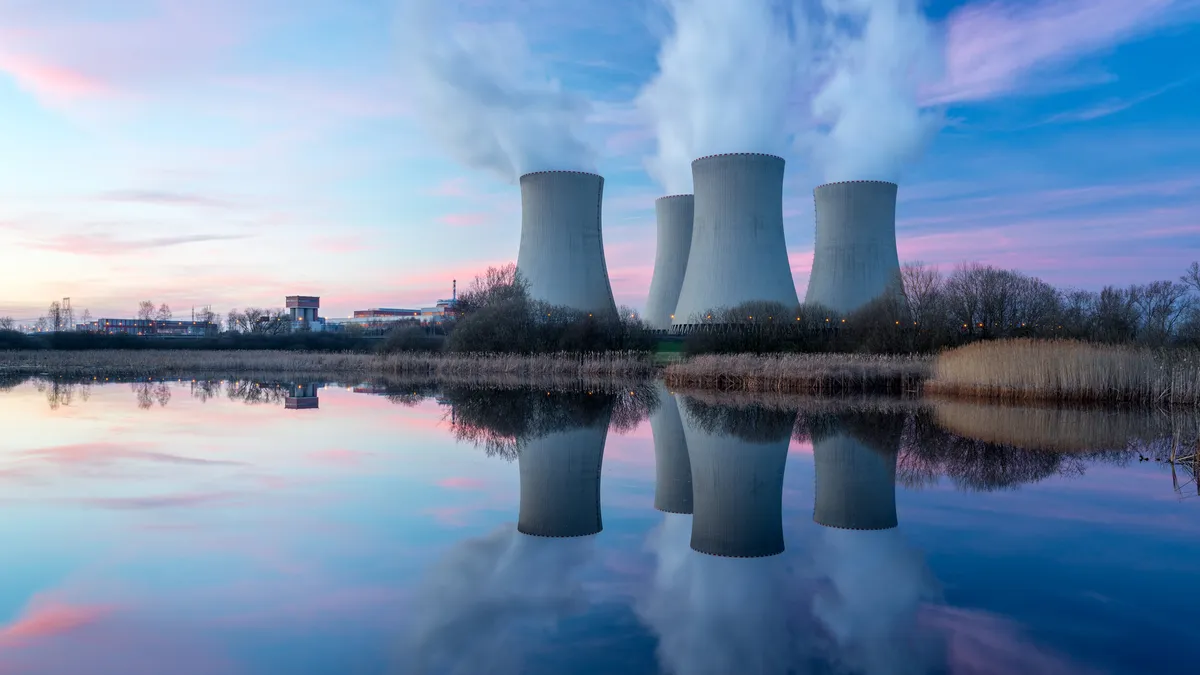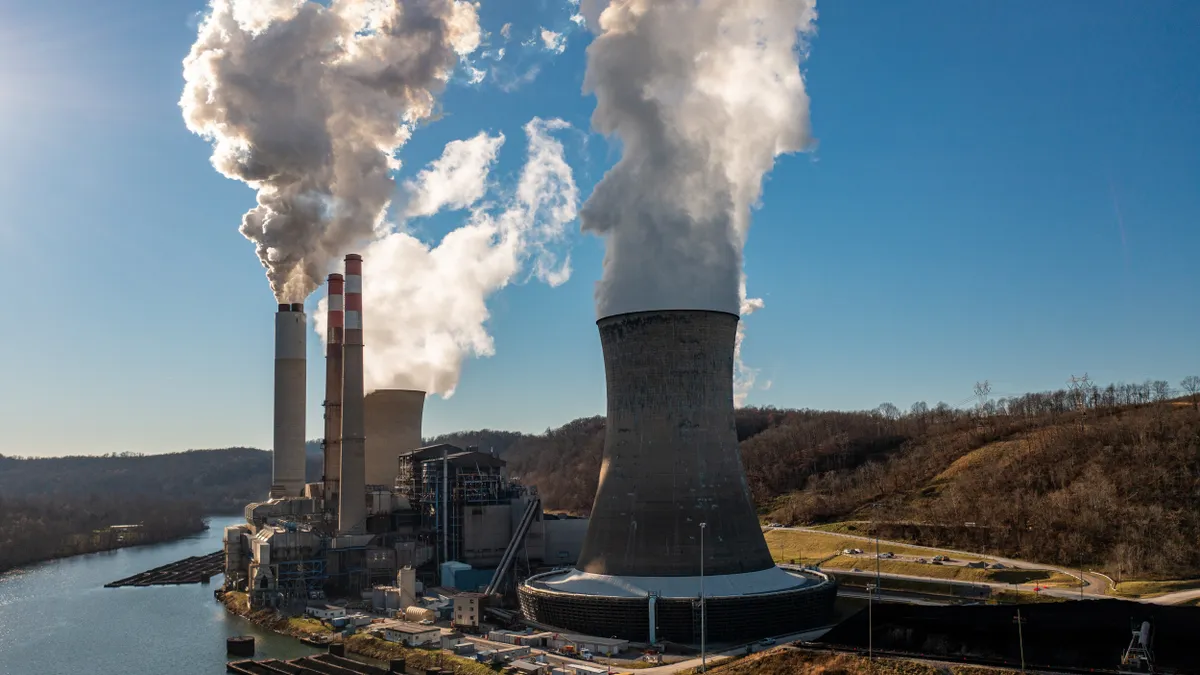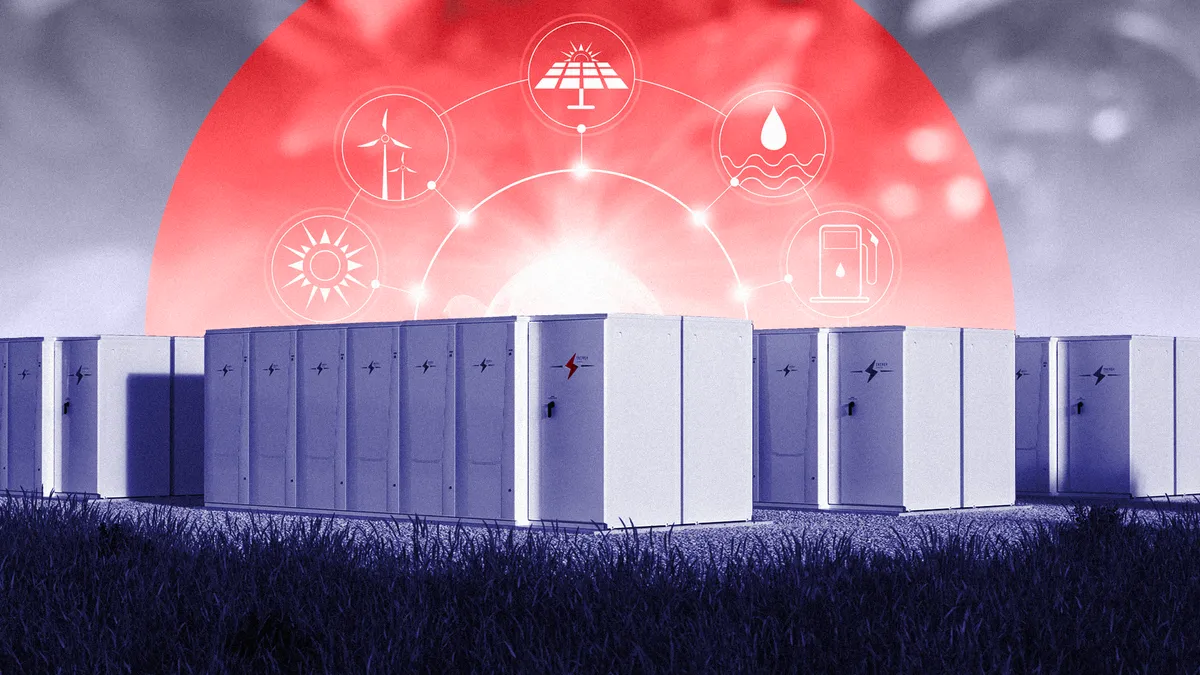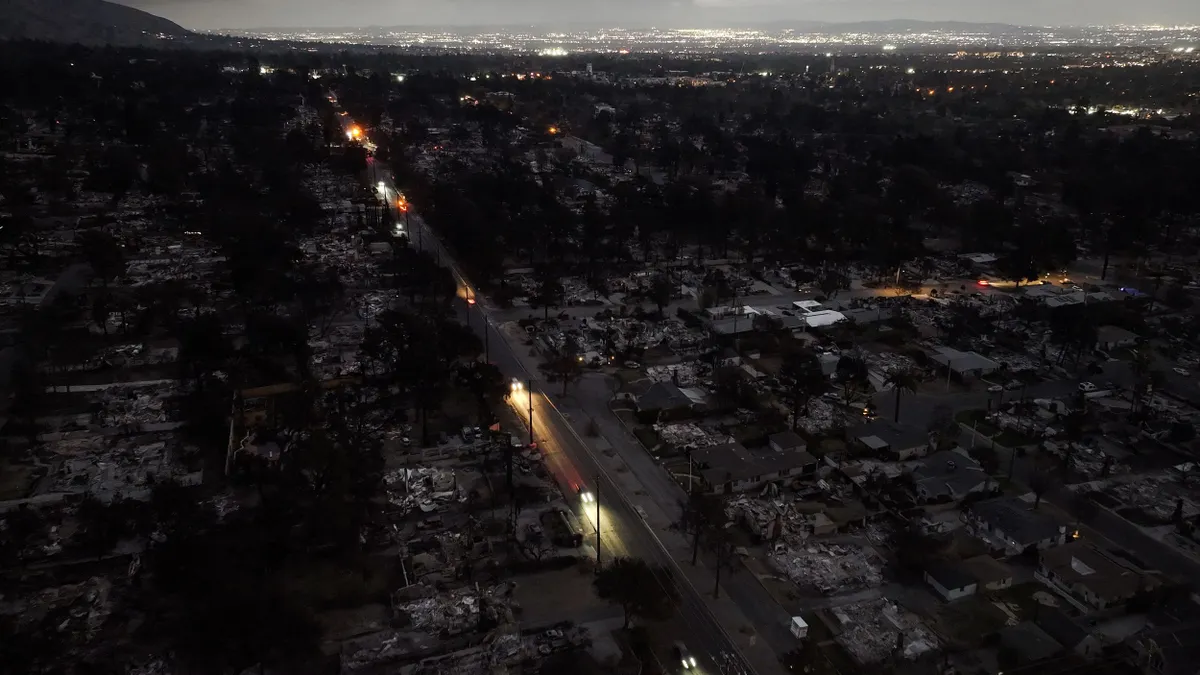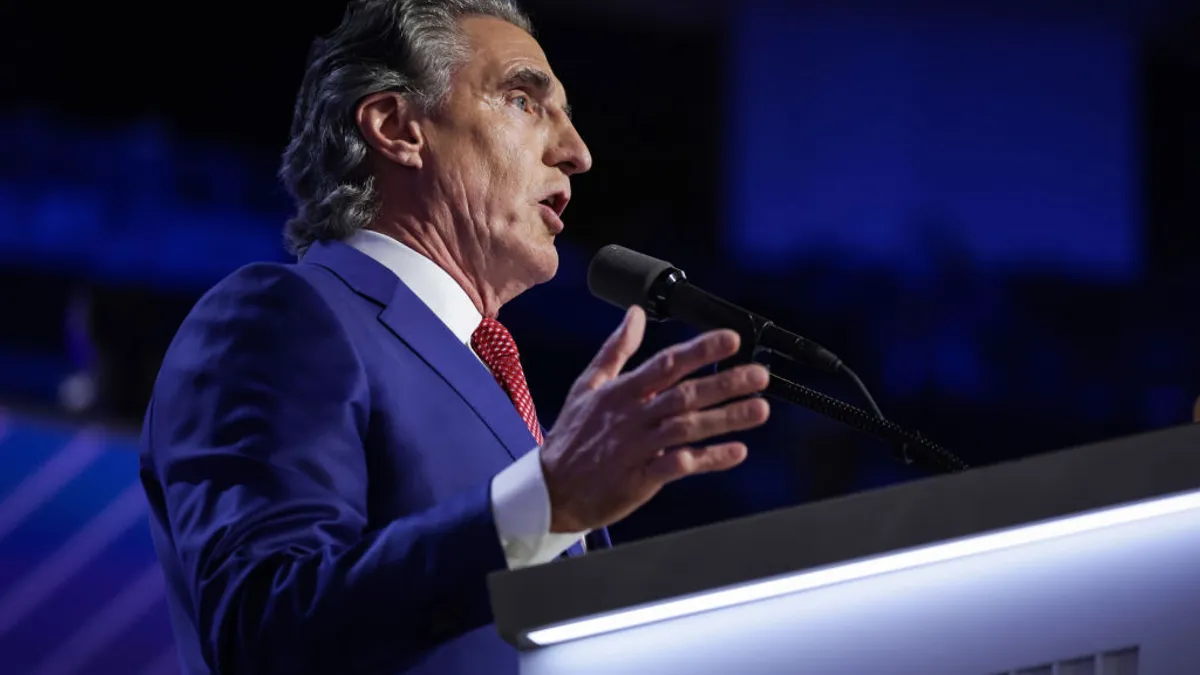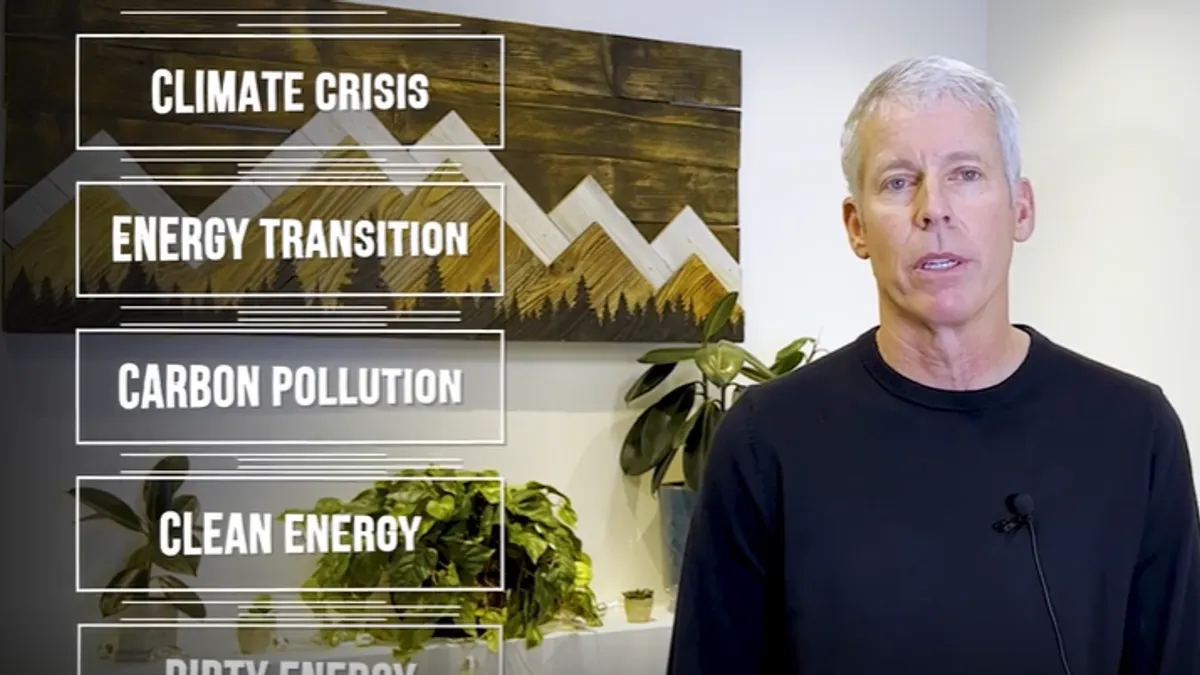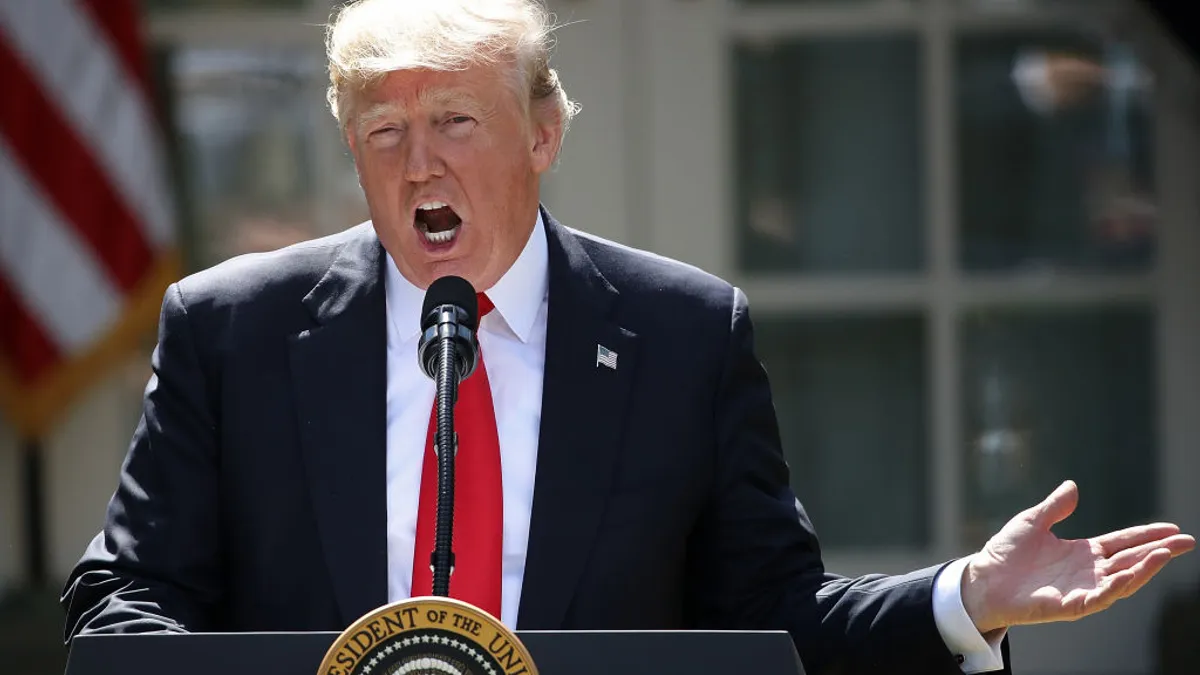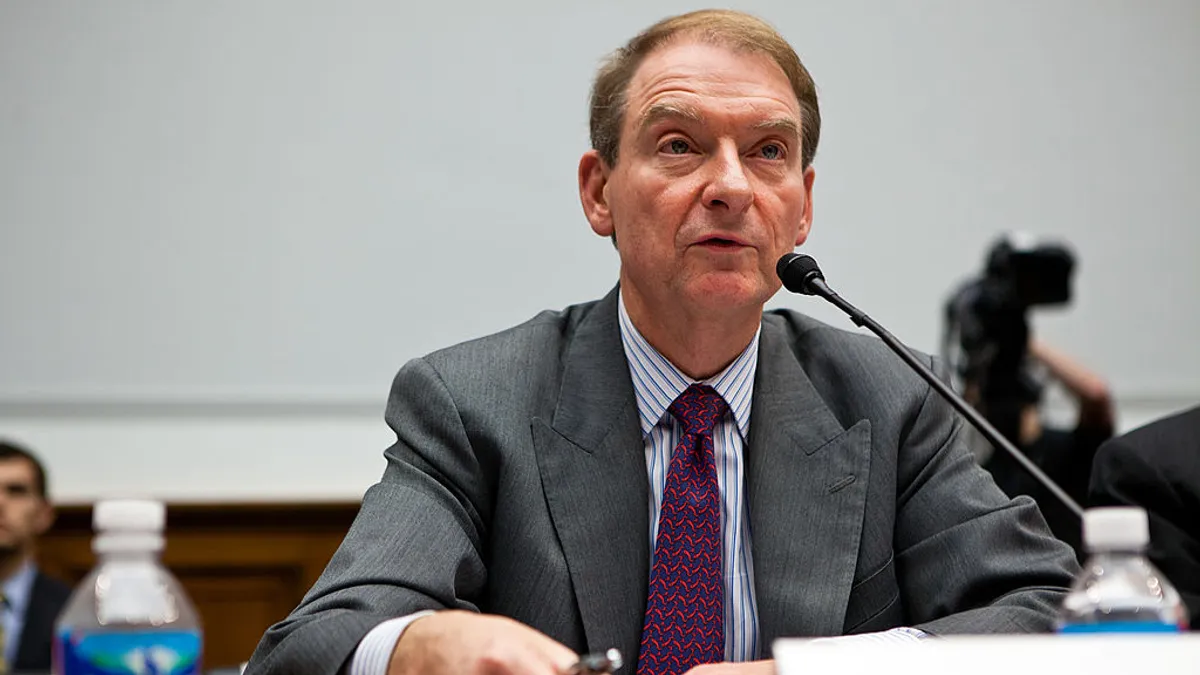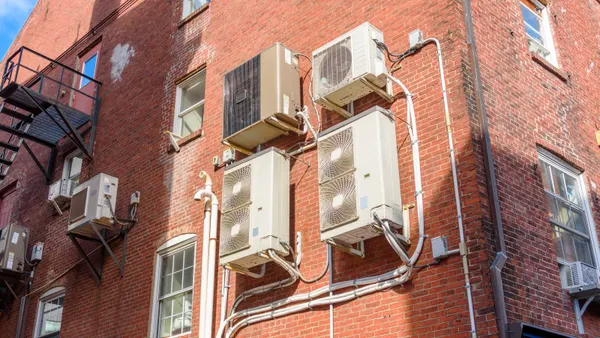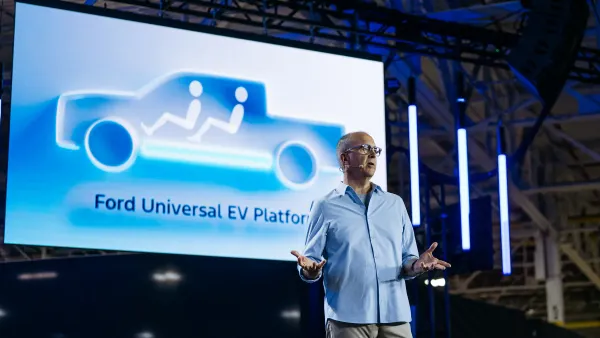Electric vehicle sales have more than quadrupled since President Biden took office, marking progress on one of the administration’s energy goals: to expand adoption of clean transportation and develop a nationwide EV charging network.
To that end, the Biden administration funded the rollout of a 500,000-public-charger network with $7.5 billion included in the bipartisan infrastructure act law. In addition, the Inflation Reduction Act extended tax credits of up to $7,500 for buyers of qualified, new clean vehicles, and up to $4,000 for the purchase of used clean vehicles.
Observers say the rollout of the national network has been slower than hoped, but the chargers are essential to expanding U.S. EV uptake.
With the U.S. election in just five days, stakeholders say the next president will have some sway over EV policy, including whether purchase incentives and infrastructure programs are slowed or rolled back. But the extent of the president’s impact will also depend on the makeup of the next Congress, they noted.
Neither Vice President Kamala Harris nor former President Donald Trump has made EV-specific policy proposals, though Trump told Reuters in August that he would consider ending the vehicle purchase tax credits. Project 2025, organized by the Heritage Foundation, lays out a potential road map for a second Trump administration and calls for eliminating EV purchase incentives. The Trump campaign has sought to distance itself from the plan, however Trump has also said he will not mandate that U.S. consumers purchase EVs.
Experts say they anticipate Harris will continue her support for policies launched under the Biden administration. In Michigan, earlier this month, she vowed to “ensure that the next generation of breakthroughs, from advanced batteries to electric vehicles, are not only invented but built right here in America by American union workers.” Harris also distanced herself from talk of a mandate, however. “I will never tell you what kind of car you have to drive,” she said.
The candidates' campaigns did not respond to requests for comment.
The upcoming election is “incredibly relevant” to clean transportation policy, said Ben Prochazka, executive director of the Electrification Coalition, a nonprofit that works to advance EV adoption. “There's a lot of programs that have been set up over the last three-plus years ... and certainly there's been a lot of intensity, in general, with the idea of EVs.”
EV sales rise but growth slows
Battery-only EVs accounted for 7.1% of the U.S. light-duty vehicle market in the second quarter of this year, according to the U.S. Energy Information Administration. While adoption growth rates have slowed, the trend is still positive. Analysts at Bank of America say EVs will likely make up about 8% of U.S. vehicle sales in 2024, 14% in 2027 and 29% in 2030.
While the rate of EV sales growth has slowed, sales are continuing to increase and the cost of ownership is declining, according to the Environmental Defense Fund.
In October, the Biden administration proposed a new rule to expand access to electric vehicle chargers in low-income and non-urban census tract areas. And in August, the U.S. Department of Transportation announced $521 million in grants to deploy more than 9,200 electric vehicle charging ports and build alternative-fueling infrastructure across 29 states, eight tribal areas and the District of Columbia.
One key to ensuring continued policy support for electric vehicles is to build voter support by focusing their attention on the broader impacts that federal investments have had, said experts.
“We hope that when people see good things happening and understand why they’re happening, that they will be more inclined to support it continuing,” Albert Gore, executive director of the Zero Emission Transportation Association, said.
ZETA, through it’s non-political education arm, on Oct. 16 launched a $1.3 million public education campaign designed to raise awareness of “the positive economic impacts of the domestic electric vehicle industry.” Its aim is to spread awareness of “the impact that multiple parts of the EV and battery supply chain have had in a bunch of different states,” Gore said, highlighting synthetic graphite production in Tennessee, copper and manganese mining in Arizona and EV manufacturing in Georgia.
Harris visited a United Auto Workers facility in Lansing, Michigan, this month to pledge support for the American auto industry and warn that a Trump presidency could cost domestic manufacturing jobs.
“We really need to work hard to make sure that all the local investments, the economic impacts of transportation electrification, are highly shared,” Prochazka said. He pointed to investments the auto industry has made to expand EV production and return supply chains to the U.S.
Wrong time to ‘pull the plug’ on EV investments, say backers
“Pulling the plug on all that would be really at the wrong time, given how much work and effort has gone into this transition and what the U.S. needs to do to maintain its competitiveness in the global market,” Prochazka said.
The rollout of a nationwide charging network has been slower than many hoped, but the funds should not be threatened by the election, said experts.
The Federal Highway Administration has approved plans submitted by all 50 states plus the District of Columbia and Puerto Rico to build out a charging network under the National Electric Vehicle Infrastructure formula program, but not all applicants have moved forward with the implementation phase.
Funding for the NEVI program is likely safe, said Prochazka. “This is a formula fund that’s been rolled out to [state departments of transportation],” he said. “They, in many cases, have already signed and selected awardees” to develop charging stations.
It is “highly unlikely” the Inflation Reduction Act would be fully repealed, said Chris Robinson, senior director of the energy team at Lux Research. “There’s a lot of benefits ... that folks on both sides of the aisle have expressed support for.”
However, the situation is less clear around the EV purchase credits. A full repeal of the tax credits would require Congressional approval, but observers say a Trump administration could take steps through the federal rulemaking process to make implementation of the credits less effective.
“Trump has explicitly said they want to look at repealing the EV tax credit. So that is something that could be at risk, if there is a Trump presidency,” Robinson said.
But infrastructure projects, including chargers, are likely to maintain support, even with another Trump presidency, Robinson said. “There have been economic impacts, and I think there's enough support for building infrastructure projects,” Robinson said. “I think a lot of that would remain, but the EV tax credit is definitely, I would say, at risk, looking toward November.”
The conversation around EVs needs to stay focused on growing the U.S. economy and strengthening the country’s leadership in the automotive sector, said Gore and Prochazka.
Support for reshoring manufacturing
People are “more inclined to see this as a good thing when they see the fact that it's driving a lot of investment in their community,” Gore said. “There is support for tax policy that is ... reshoring manufacturing in the United States. And it's not just one project; it's actually a whole ecosystem.”
“EVs have been put into this position of being a partisan issue, and we need to do everything possible to remove that. They really shouldn't be. It's much more about competitiveness,” said Prochazka.
The next two or three years “are some of the most important, in terms of the speed by which this transition takes place,” Prochazka addded. “We're just now at that space where EVs travel far enough to feel like they meet consumer concerns. We're just now building enough infrastructure to feel like we're demonstrating to consumers that they will have the ability to charge wherever they want to go, or need to go.”








